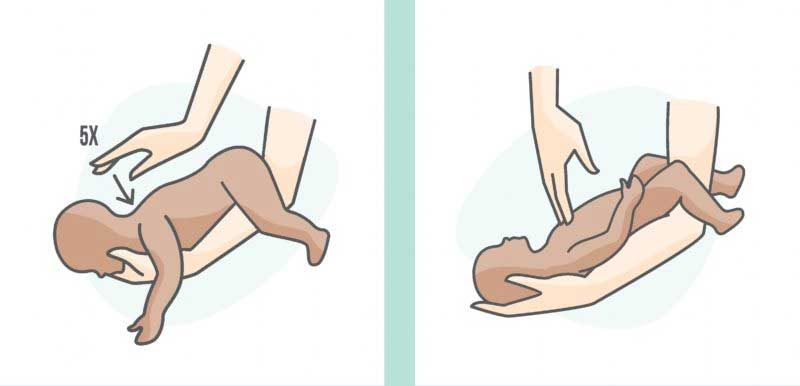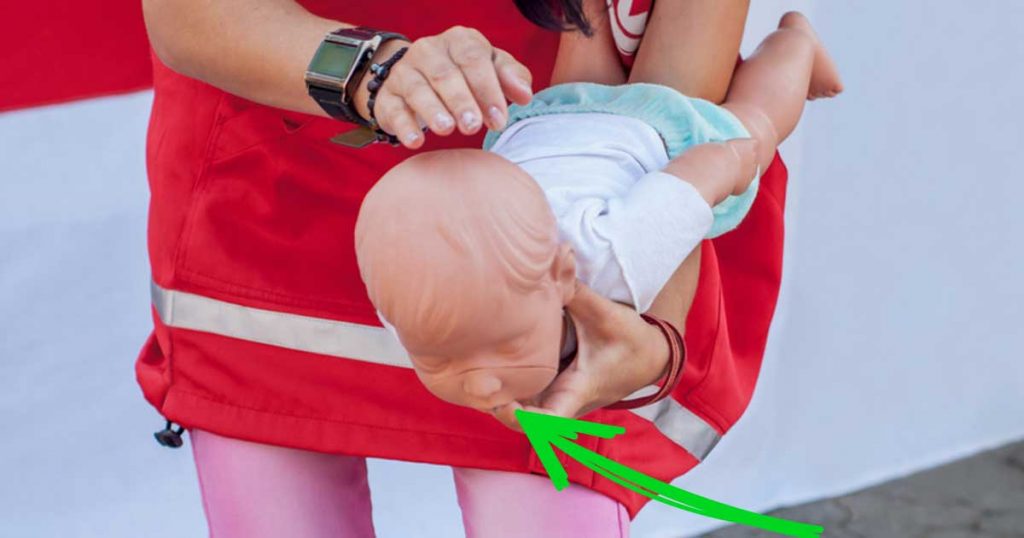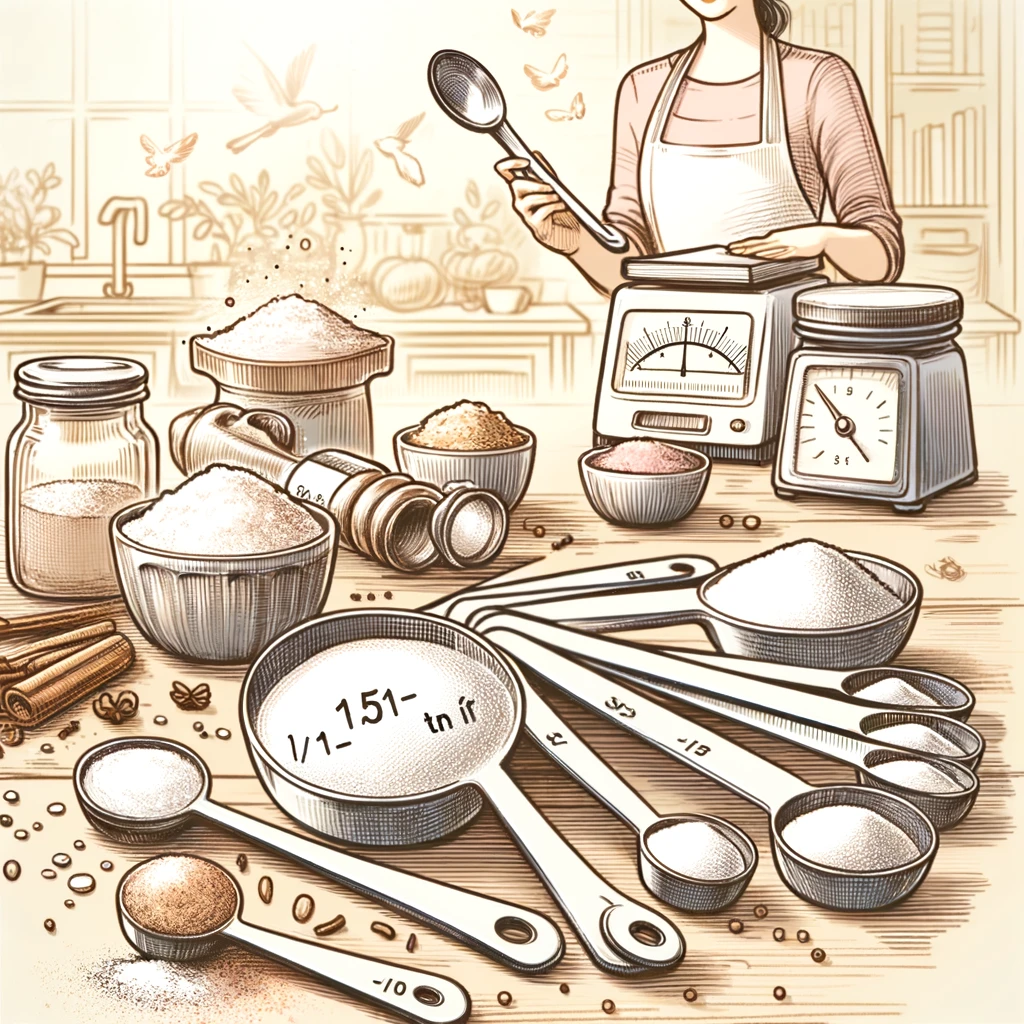Statistics show that every five days, a child dies from choking on food. Moreover, St. John Ambulance reports that 40% of parents have watched their own baby choke on coins, food, or toys, and 80% of them had absolutely no idea what to do in those moments.
In the last ten years, 34 children ended up in the emergency room from choking on food on a daily basis, and 38% of them were one-year-old babies and younger, who choke on breast milk or formulas.
The most common triggers include candies, and then meat bones, fruits, and vegetables.
These numbers look terrifying, don’t they? Therefore, you need to know the following things:
These are the signs that your baby is choking:
- Weak coughing
- Blueish skin color
- Difficulty breathing labored breaths
- Inability to cry
- Soft or high-pitched sounds when inhaling
- Loss of consciousness
If this occurs, here is what to do:
Open the mouth of the child and run your finger along the inside to check for any obstructions. Then, pay the baby face-down along your forearm, hold its chest in your hand and the jaw with your fingers.
Point the baby’s head downward so it is lower than the body, and with the palm, do 5 quick blows between its shoulders.
If this does not prove successful, turn the baby face-up on your thigh or lap, support its head, and put two fingers in the middle of the breastbone, just below the nipples.
Then again, give 5 quick thrusts, pushing down about ½ the depth of the chest. Next, alternate between this and 5 back blows. If you still cannot stop the choking, give infant CPR for 1 minute, and call 911 immediately.
You can try to remove the stuck object with the fingers, but only if you can see it and your child is unconscious.

However, it is always the best to take preventative measures and avoid this completely. Therefore:
- Never give a toddler nuts, hard candy, balloons, buttons, or raw carrots
- Keep your children away from coins
- Children younger than 4 should stay away from round, firm foods.
- While eating, do not let your children play, run, or lie down.
- Read the labels on the toys you buy for your children, as many of them warn of a choking hazard
- Learn CPR ( attend classes taught by a certified instructor, in hospitals, American Red Cross, community centers, or local chapters of American Heart Association.






